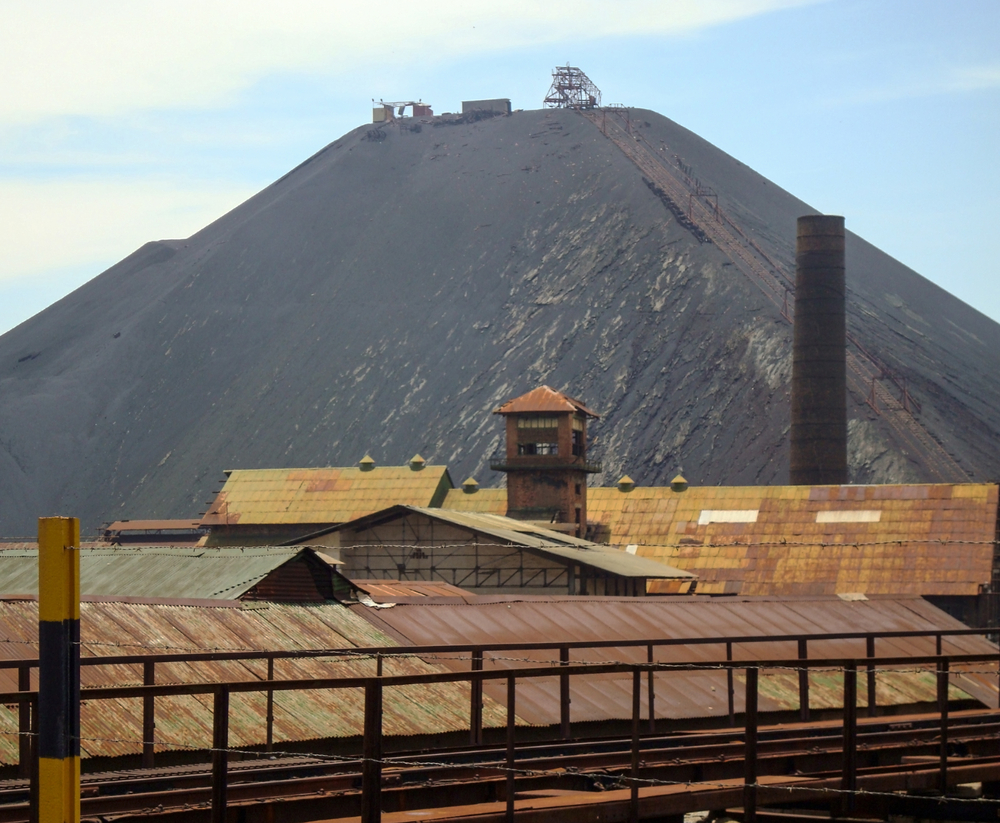The Democratic Republic of Congo (DRC) has had its fair share of scandals and problems. For the mining industry operating in the country, child labour, corruption, bribery, occupational health and safety, and environment and public health impacts have often been neglected. The country has less regulations in place to protect miners and the people that work there, and enforcement is non-existent or lackadaisical at best.

Better Mining
One organization, Better Mining, is working to improve conditions in the mining industry on and around artisanal and small-scale mine (ASM) sites. By enabling companies to support the improvement of ASM sites and surrounding communities, Better Mining is actively solving the problems that plague the industry at every level and step of the mining process. As more media attention is directed to the industry within the Republic, labour conditions and compliance have come to the forefront and are now being addressed earnestly.
The organization has worked for a while now in the DRC, and being on the ground monitoring conditions and ensuring that the conditions set are being met is an important role to fill. As ASM sites have less management monitoring and regulation, independent organizations like Better Mining are key to ensuring that conditions are being met responsibly and completely.
China Moly Lends a Hand
Tech metals producer China Molybdenum and its Swiss-based trading arm IXM have now joined the Better Mining initiative, to help ASM sites become a responsibly-managed and viable source of battery minerals. Those minerals will include cobalt and tungsten, among others.
Cobalt, a key mineral that is a byproduct of copper or nickel, is used to make the lithium-ion batteries that power everything from batteries in laptops and smartphones to electric cars. This critical mineral is an important resource for the DRC, as the country generates about two-third of the world’s supply of cobalt.
As the world’ number 2 cobalt producer and largest tungsten producer, China Moly is uniquely positioned to increase the scale and effectiveness of Better Mining, and improve the assurance and impact program to benefit the communities that rely on ASM miners. Julie Liang, director of CMOC’s sustainability executive committee, noted “As a large industrial miner that maintains strict product control and custody procedures, ASM sits outside of our own cobalt supply chain but we recognize that ASM, and those communities reliant on it, should not be neglected.”
ASM
Artisanal miners traditionally sell ore to local cooperatives. This grassroots scale operational strategy allows almost anyone with the land and the workers to extract valuable minerals and get them to market. Those cooperatives sell to local traders, who then sell to international traders or larger operating mines with established transport links.
As the largest consumer of cobalt, China is the largest consumer of the mineral coming out of the DRC, and so has a significant stake in the country and its mining industry. The success of the country’s mining industry is integral to China’s success and ability to collect enough of the valuable tech mineral.
Risks
The risks of working artisanal miners are abundant, and Western mining companies have typically distanced themselves from supply coming out of these mines. Child labour continues to be rampant in central Africa, and so the source of the raw materials may be tainted by this unethical and illegal practice.
Solutions
To try to turn the situation around, pressure has been applied to get the mining industry in the region on track toward ethical and clean mining practices. In 2019, the London Metal Exchange (LME) introduced a responsible-sourcing standard that covers all metals traded on the exchange.
The LME forced producers to demonstrate compliance with the guidance drawn up by the Organization for Economic Cooperation and Development (OECD). This major step toward stronger and more effective regulation was an inflection point for the country as they were forced to confront a global community that ultimately put its foot down on the issue.
Tesla, Google, and Apple were even sued in 2018 by a human rights ground over alleged involvement in abusive mining practices in the DRC. The supply chain stretches so far that ultimately it is impossible to know in which conditions the cobalt is mined, and so the companies sourcing their materials have a difficult responsibility to track their suppliers and ensure that they are mining ethically and safely. Amnesty Internation has stated that children as yougn as seven have been found exploring for cobalt in the DRC, and claims to have evidence that some of the biggest brands in the world have sourced cobalt from supply chains tainted by child labour.
Overwatch
Better Mining has been working to not only watch and monitor companies in the region but police them when possible and report infractions to the appropriate authorities. The DRC is now taking concrete steps toward cleaning its cobalt sector, and Entreprise Generale du Cobalt (EGC), a large company (state-owned) released its own responsible sourcing standards.
With monopoly rights to the purchase and sale of the country’s hand-mined cobalt, this is a major step in the right direction as the company has significant sway in the DRC’s mining industry. Change is afoot for the cobalt mining industry in the Democratic Republic of Congo, setting the stage for the cobalt boom from the further electrification of the global economy.
If you would like to receive our free newsletter via email, simply enter your email address below & click subscribe.
CONNECT WITH US
Tweets
Tweet with hash tag #miningfeeds or @miningfeeds and your tweets will be displayed across this site.
MOST ACTIVE MINING STOCKS
Daily Gainers
 Lincoln Minerals Limited Lincoln Minerals Limited |
LML.AX | +125.00% |
      |
GCR.AX | +33.33% |
      |
CASA.V | +30.00% |
      |
AHN.AX | +22.22% |
      |
ADD.AX | +22.22% |
      |
AZM.V | +21.98% |
      |
NSE.V | +21.05% |
      |
DYG.V | +18.42% |
      |
AAZ.V | +18.18% |
      |
GLA.AX | +17.65% |


 Follow us on Twitter
Follow us on Twitter Become our facebook fan
Become our facebook fan







